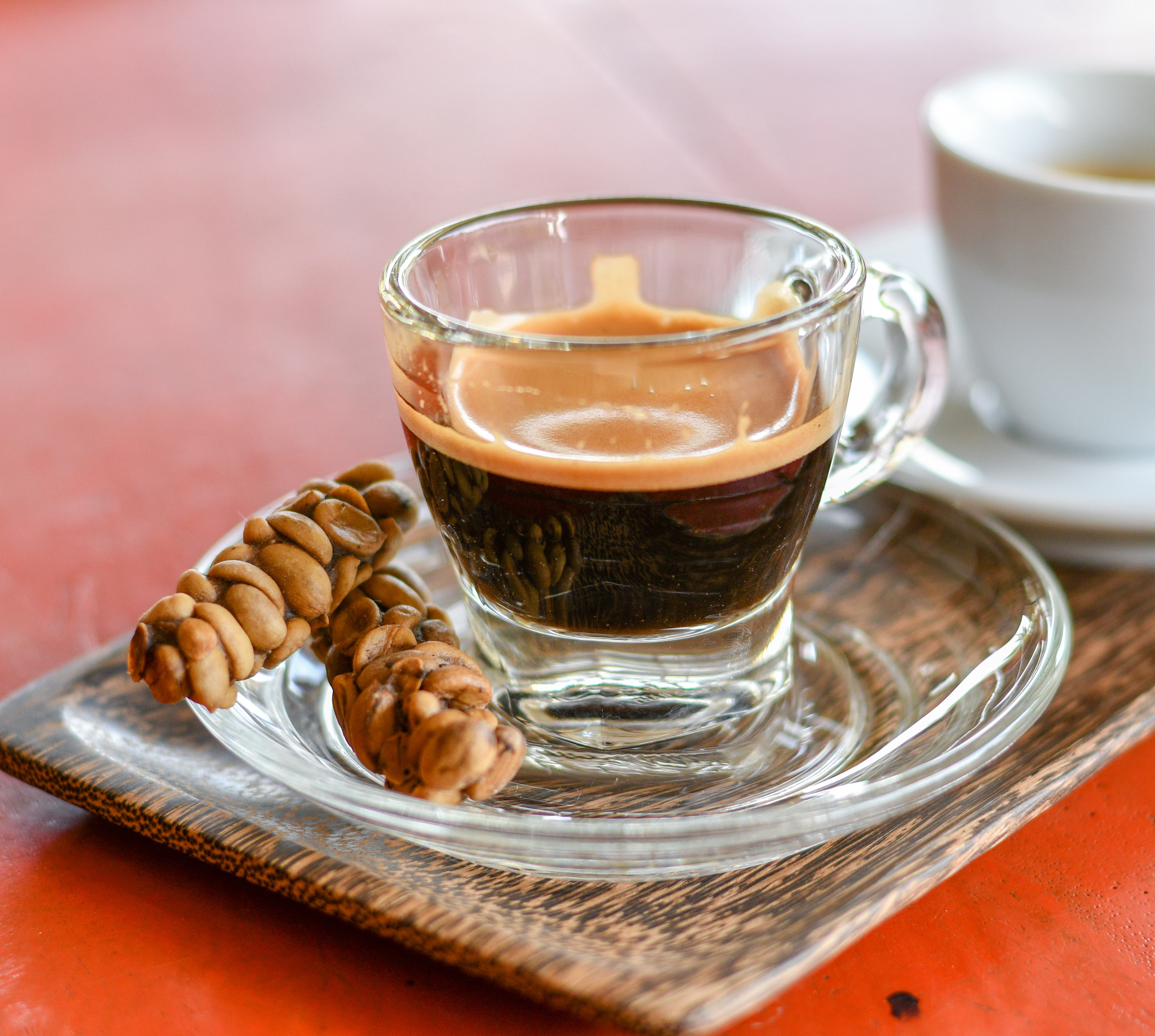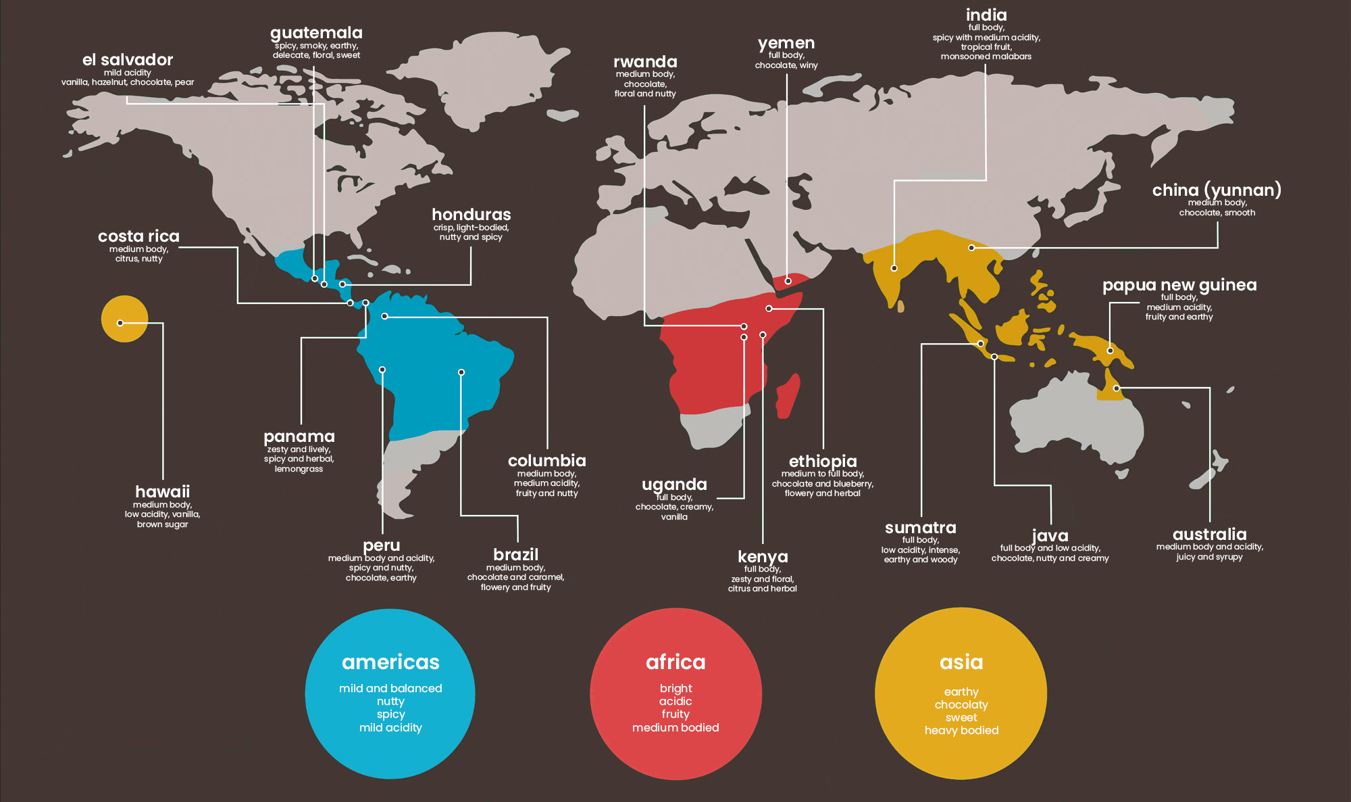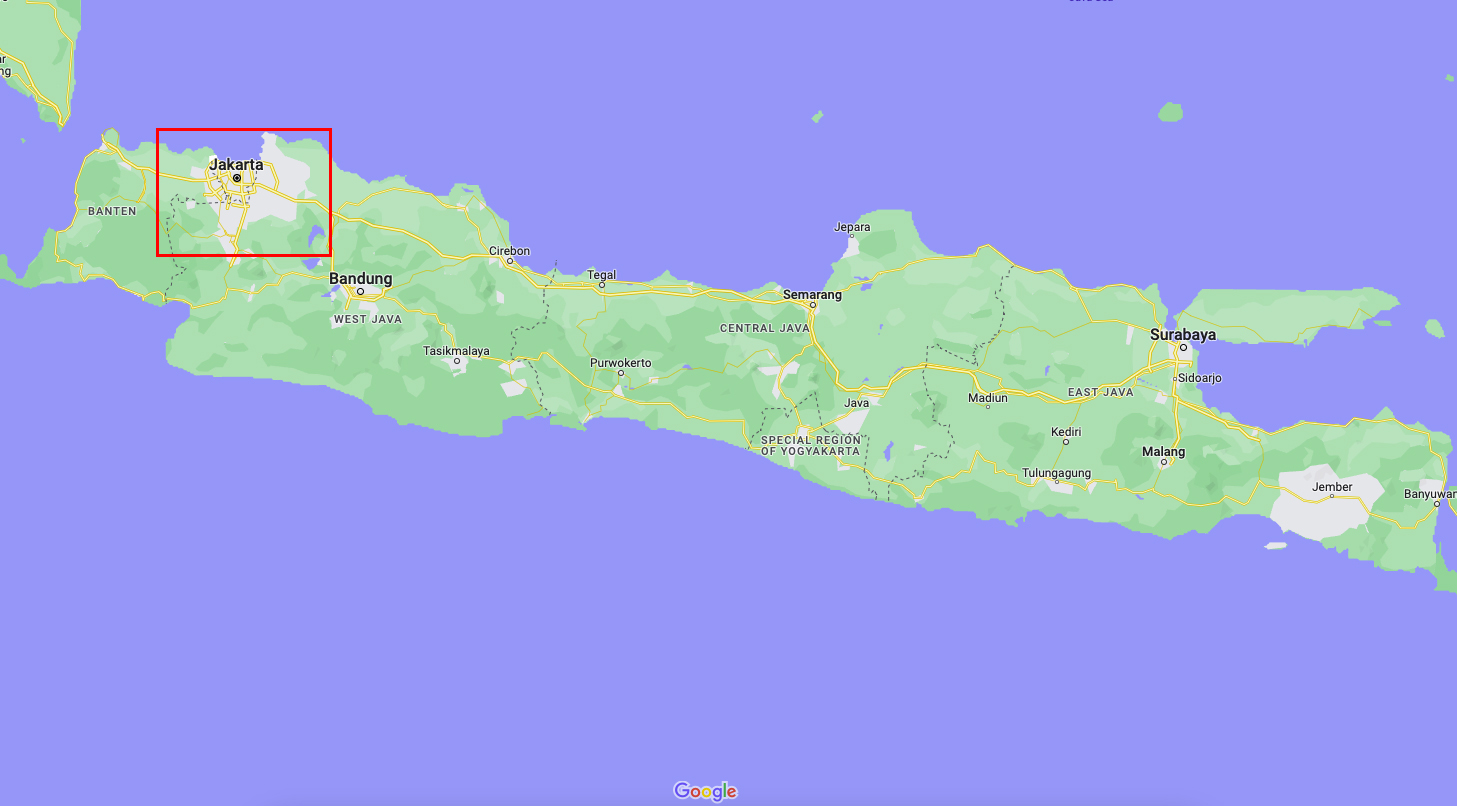Kopi Luwak Coffee

The Coffee
Kopi Luwak, often known as “cat-poop” coffee or civet coffee, has become well-known due to its portrayal in the media and Hollywood films. But precisely what is Kopi Luwak coffee?
Kopi Luwak is a coffee beverage prepared from coffee beans consumed and excreted by the Asian palm civet.
So, why would someone pay big bucks for a cup of coffee from an animal's backside?
Kopi Luwak is the world's most exclusive (and costly) coffee. The unusual manner of production is the key reason for its high price. It is produced from partially digested and excreted coffee beans from the Indonesian palm civet. Yes, it sounds appalling, but don't judge it until you have tasted it!
Civets eat the berries for their juicy pulp. Civet proteolytic enzymes penetrate the beans during digestion, resulting in shorter peptides but more free amino acids. After passing through a Civet's intestines, the beans are defecated (thus the name "cat poop coffee!"). These beans provide an aromatic coffee with substantially less bitterness after harvest, thorough rinsing, sun drying, light roasting, and brewing.
The Flavour
Given that Kopi Luwak is also known as cat poop coffee, you'll be happy to discover that there's no excrement in the flavour, which is primarily earthy and musty with undertones of caramel and chocolate, with a hint of cherry and plum throughout.
Proponents of the drink argue that its procedure while within the civet gives it a distinct flavour. The beverage is a coffee with less bitterness and acidity, resulting in a smoother taste with a rich scent.
It is important to note that Kopi Luwak's flavour is determined by various factors, including the quality, origin, and type of beans consumed by the civets, as well as the roasting and brewing processes used by the farmers.

The History
This coffee first appeared on the islands of Sumatra and Java in the early 18th century whilst Indonesia was ruled by the Dutch colonial administration.
There's a little backstory to Kopi Luwak. It gets its name from its Indonesian origins, Kopi, meaning coffee, and the Luwak Civet cat from Sumatra, discovered in the 18th century by some smart agricultural workers.
These employees discovered that civet droppings near the farms still included entire coffee beans and that once extracted from the faeces, the beans could then be brewed and consumed just like any other coffee.
It immediately became a sought-after product, causing the price to skyrocket. Its popularity soared, and coffee began to be shipped to Europe. Again, the cost of this novelty item increased due to rising demand in Europe.
It is now regarded as one of the best in the world. In the film "The Bucket List," Jack Nicholson drinks this coffee.
There have been negative headlines about civet cats and how they are treated and force-fed in producing Kopi Luwak.
We promote small, reputable, fair-trade farms where Civet cats are handled with freedom and compassion. So, if you haven't tried it yet, you should, and you can do so without fear of offending the Sumatran Luwak.

The Region
Kopi Luwak is primarily manufactured in Indonesian. The average yield of genuine Kopi Luwak is approximately 500 - 700kg (1100 - 1500lbs) per year.
Takengon Farm Estate, Sumatra Region, Indonesia, is the exclusive source of our coffee.
Takengon, van be found near Lake Laut Tawar in Sumatra's far north-west, and our coffee has been sourced from a variety of small farmers. These are relatively traditional family farms that grow little amounts of coffee with other crops for the family's sustenance.
Sumatra has extremely few coffee estates or even co-ops. Instead, a large number of smallholders (farms of 2 hectares or less) sell tiny amounts of coffee at their village market.
Bali, Sulawesi, Sumatra, Java, East Timor, The Philippines and Vietnam also produce Kopi Luwak Coffee beans.
Why is Kopi Luwak so popular?
Because of its high quality and scarcity, Kopi Luwak has become the most expensive coffee in the world. Aside from being wonderfully delicious, the coffee is manufactured in incredibly tiny numbers each year. In some years, the civets can only generate roughly 500kg in a whole year.
